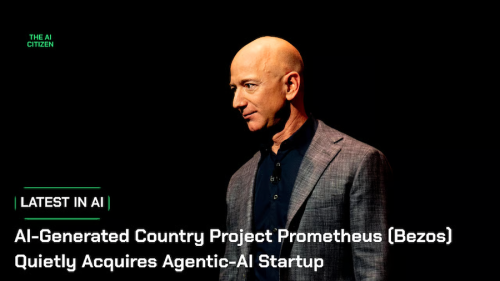Economic performance, cooperation and productivity are undergoing cataclysmic disruptions. Alongside these changes, data and AI are poised to transform economies and improve societies. To leverage these positive outcomes, governments must move well beyond their current activities and recognize themselves as stewards of their nation’s – and the world’s – AI competitiveness.
Investments and improvements in artificial intelligence need not be an arms race. AI is a general-purpose technology with the potential to transform all sectors and forms of economic activity. Increasing one country’s competitiveness can benefit allies, trading partners and the global order.
Responsible AI can bolster that competitiveness while reflecting advanced thinking about economic resilience and wellbeing of populations. Nonetheless, falling behind is dangerous. Governments should weight AI and data competitiveness as heavily as other economic and social improvements and embrace a long-term, strategic approach.
To increase AI and data competitiveness, governments should prioritize these 7 factors in their integrated strategies:
- Prioritize investments in research;
- Build AI and data literacy throughout the population;
- Leverage government’s role as a purchaser, partner and provider – while opening up government data sets;
- Support the application of AI across the broadest possible landscape, especially for small and medium enterprises;
- Practice digital diplomacy by stimulating and rewarding collaboration across borders where interests align;
- Aggressively prioritize and measure AI competitiveness as one element of national strategy;
- Keep technology impact at the forefront of decisions.
The original article can be found here.
In support of positive AI development for the society, the Michael Dukakis Institute for Leadership and Innovation (MDI) and Boston Global Forum (BGF) established the Artificial Intelligence World Society (AIWS.net) in 2018. In this effort, MDI and BGF invite participation and collaboration with governments, think tanks, universities, non-profits, firms, and other entities that share its commitment to the constructive and development of full-scale AI for world society.









